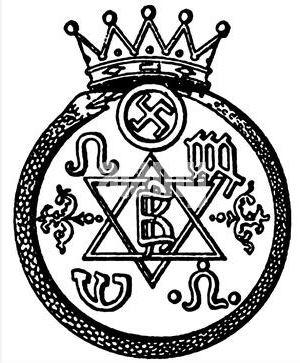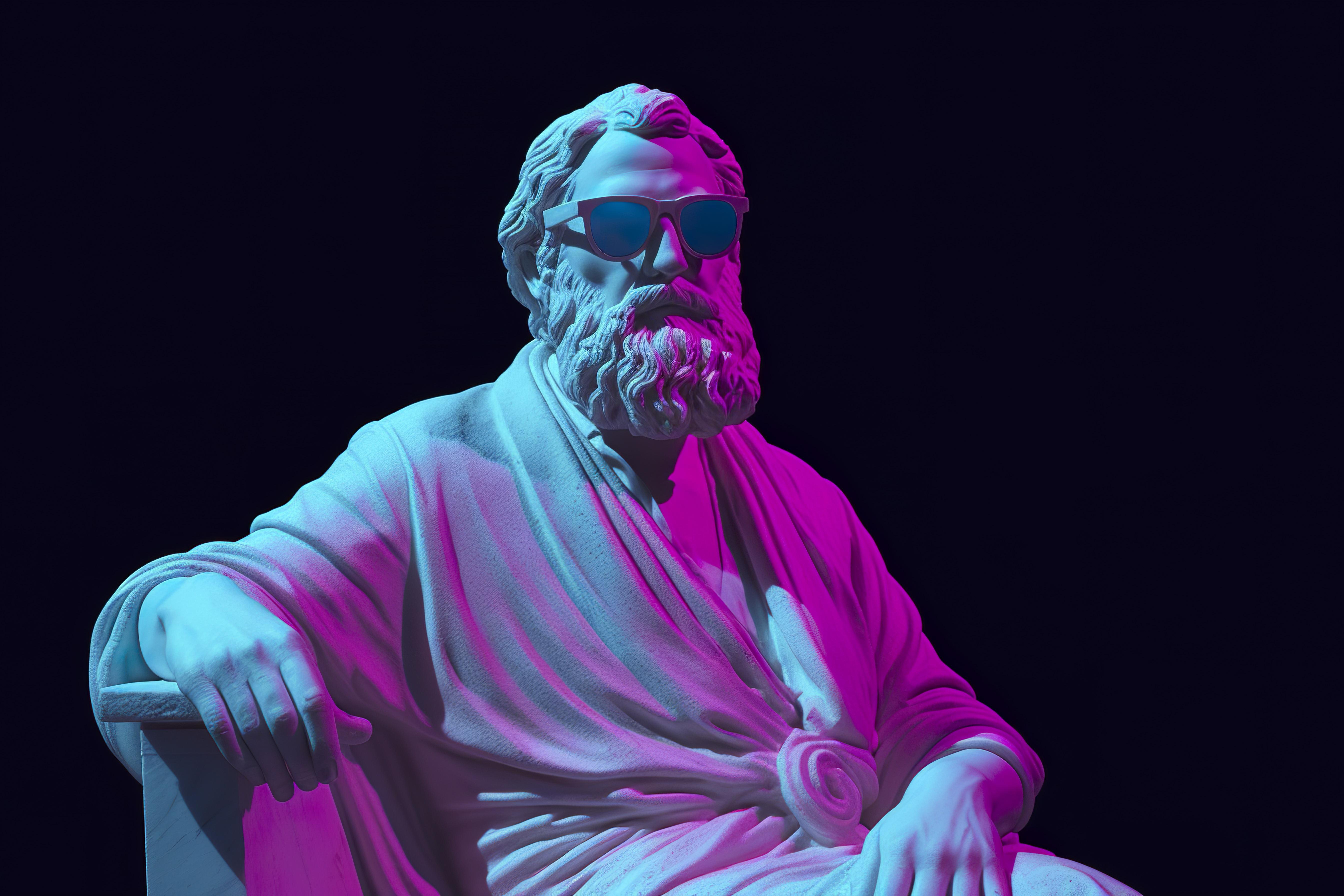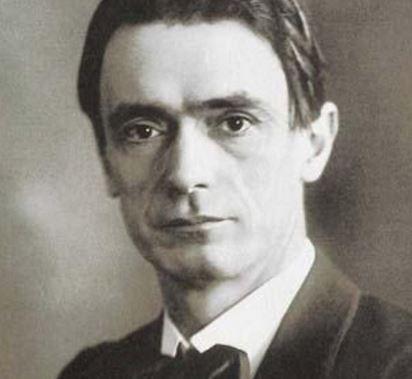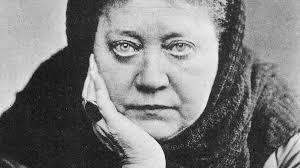
Theosophy is a spiritual and philosophical movement that seeks to explore the underlying unity of all religions and to uncover the hidden, mystical truths about the universe, humanity, and divinity. The term "theosophy" comes from the Greek words theos (meaning "god") and sophia (meaning "wisdom"), and it can be understood as "divine wisdom" or "godly knowledge."
Theosophy encompasses a wide range of ideas, but its core focus is on the belief that all religions share a common, underlying truth, and it seeks to uncover these universal spiritual truths through esoteric teachings, spiritual practice, and philosophical inquiry.
Key Principles of Theosophy
-
Universal Brotherhood Theosophy teaches that all people, regardless of their race, religion, or background, are spiritually interconnected. This universal brotherhood is based on the belief that all individuals are manifestations of the divine, and thus, true spiritual progress can only be achieved through compassion, kindness, and mutual understanding.
-
Reincarnation and Karma Theosophy embraces the concepts of reincarnation (the belief that the soul is reborn in different bodies through multiple lifetimes) and karma (the law of cause and effect, where actions in one life influence future experiences). These ideas are borrowed from Eastern philosophies like Hinduism and Buddhism, but they are adapted to fit the Theosophical worldview.
-
The Hidden Wisdom of the Ages One of the central ideas in Theosophy is the belief in an ancient, esoteric wisdom that has been passed down through secret teachings and initiations across time and cultures. Theosophists believe that this wisdom can be accessed through spiritual practices and the study of sacred texts from various religious traditions.
-
The Three Main Aspects of Divinity Theosophy posits that divinity manifests in three primary aspects:
-
The Absolute: The ultimate, formless, and ineffable source of all existence.
-
The Divine Mind: The universal intelligence or consciousness that shapes and sustains the universe.
-
The Divine Soul: The spiritual essence that permeates all beings, including humans.
-
-
Spiritual Evolution Theosophy teaches that humanity is undergoing a process of spiritual evolution. Just as the physical body evolves over time, the soul evolves toward higher states of consciousness. The ultimate goal is spiritual enlightenment and union with the divine, which can be achieved through personal transformation, ethical living, and spiritual practices.
Key Figures in Theosophy
Helena Petrovna Blavatsky (1831–1891)
Helena Blavatsky was one of the founders of the Theosophical Society, established in 1875. She was a Russian-born mystic and writer, and her most famous works are The Secret Doctrine (1888) and Isis Unveiled (1877), both of which outline the core principles of Theosophy.
Blavatsky claimed to have received her teachings from advanced spiritual beings known as "Masters" or "Mahatmas," who were said to reside in remote locations such as the Himalayas. She argued that ancient civilizations possessed profound spiritual knowledge that had been lost to the modern world, and that Theosophy could help rediscover this lost wisdom.
Henry Steel Olcott (1832–1907)
Olcott was a co-founder of the Theosophical Society along with Blavatsky. An American military officer and lawyer, he became deeply involved in spiritualism and Theosophy after meeting Blavatsky in the 1870s. Olcott helped to establish the organization in the United States and later expanded it to India, where he worked to promote Theosophy as a universal spiritual philosophy.
Olcott's work in India was particularly significant because it helped to bridge Eastern and Western spiritual traditions. He also promoted the idea of the "Aryan" root race, which was part of a controversial and now widely criticized idea in early Theosophy about the racial development of humanity.
Annie Besant (1847–1933)
Annie Besant was a British theosophist and social reformer who became one of the most prominent figures in the Theosophical Society after Blavatsky's death. Besant was a key leader in the movement's expansion and played a crucial role in its growth, especially in India. She was also involved in political activism, women's rights, and education.
Besant's writings on Theosophy expanded on many of Blavatsky’s teachings, and she became a strong advocate for the idea of spiritual evolution and human progress.
Theosophical Ideas and Influence
-
Theosophy and Religion Theosophy promotes the idea that all world religions—Christianity, Hinduism, Buddhism, Judaism, Islam, and others—contain elements of truth, but that these truths are often obscured by dogma, ritual, and historical distortions. Theosophists argue that the core teachings of these religions share a universal message about the nature of the divine, the purpose of life, and the path to spiritual enlightenment. They believe that by studying these religions together, one can uncover their common truths.
-
Occult Knowledge Theosophy is often associated with occultism, as it deals with esoteric teachings and hidden knowledge about the spiritual world. This includes practices such as meditation, astral projection, and working with symbols, rituals, and sacred texts. Theosophists believe that certain truths are hidden from ordinary perception and can only be accessed through spiritual development and occult practices.
-
Theosophy and Eastern Spirituality Theosophy was influenced heavily by Eastern religions, especially Hinduism and Buddhism. Concepts like reincarnation, karma, and the idea of a cyclical universe were central to the Theosophical worldview. In fact, Blavatsky’s works introduced many Westerners to Eastern philosophies in ways that helped shape the later development of the New Age movement.
-
Spiritual Hierarchies and Masters Theosophists believe in a spiritual hierarchy of beings, including ascended masters, who have attained high levels of spiritual wisdom and enlightenment. These beings are said to guide humanity’s spiritual evolution and to help the soul progress toward union with the divine. The "Masters" or "Mahatmas" are central figures in Theosophical thought and are believed to have attained a state of "perfected" consciousness.
-
Theosophy and Modern Esotericism Theosophy played a major role in the development of modern esotericism and the New Age movement. Its ideas influenced numerous other spiritual movements, including anthroposophy (founded by Rudolf Steiner), the Hermetic Order of the Golden Dawn, and even aspects of modern Western astrology and metaphysical healing practices.
-
Theosophy and Science Some Theosophists attempted to integrate their spiritual teachings with emerging scientific ideas in the 19th and 20th centuries. For example, the concept of "etheric" planes of existence and the idea of universal energy resonated with early quantum theories, though these connections are speculative and not universally accepted within mainstream science.
Criticisms of Theosophy
Theosophy, particularly in its early years, faced criticism on several fronts:
-
Claims of Plagiarism and Fabrication: Some critics have alleged that Blavatsky plagiarized texts from other religious traditions or fabricated much of her esoteric knowledge.
-
Racial and Cultural Issues: Early Theosophy contained problematic ideas about race, especially the concept of different "root races," which categorized humanity in ways that were racially hierarchical and Eurocentric. These ideas have been discredited and criticized for their racist overtones.
-
Supernatural Claims: The claim that Blavatsky received teachings from advanced spiritual beings known as the "Masters" was met with skepticism, and some saw it as unverifiable.
Conclusion
Theosophy represents a unique spiritual movement that blends elements of Eastern and Western spirituality, offering a path toward deeper understanding of the divine and the mysteries of existence. Though its influence waned after the early 20th century, it left a lasting mark on spiritual and esoteric traditions that continue to thrive today.










